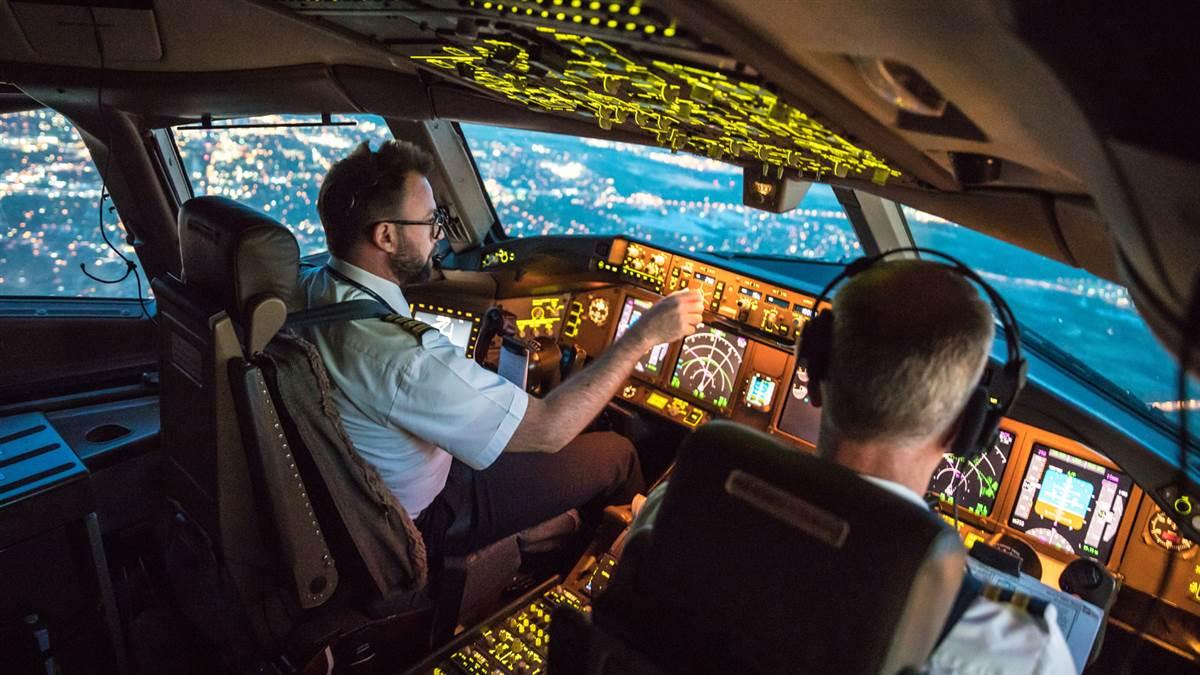FOQA

Two of the most well-known tools are the cockpit voice recorder (CVR) and the flight data recorder (FDR), which record hundreds of parameters for each flight. The modern CVR records several hours of conversation, so investigators can get a more complete picture of what pilots on the accident flight or previous flights might have been discussing that can help solve a puzzle.
U.S. airlines today utilize something called the Flight Operations Quality Assurance (FOQA) program to help. Federal law forbids the FAA or the airlines from using FDR and CVR data for disciplinary practices. However, recorders have good information that can help spot trends or issues. As a result, there is a collaboration among the FAA, the airlines, and the pilots to use the data in a constructive, nonthreatening way.
With FOQA, the FDRs are downloaded and the data is analyzed. The software then flags those parameters that exceed whatever the airline has set as acceptable. Here’s the key: A representative of the pilot group, usually through the local union, is the only person who can see the parameters that might describe the crew, such as date, flight number, and other identifying information. That person is called the gatekeeper. If a flight (or flights) shows an exceedance of any kind, the gatekeeper then tracks down the particulars. Is it a trend in a certain city? Is it a one-time issue with a particular crew or pilot? Is it a problem with a particular approach? Were certain standard operating procedures violated?
The gatekeeper extracts all the information needed to examine the issue at hand, and then decides how to proceed. If the crew needs to be contacted, the gatekeeper is the only one permitted to do so, and that conversation must not be carried out in an aggressive way. It is simply a fact-finding mission to see a) if the crew remembers the flight, and b) if any other factors may have been at play, such as fatigue or a crew disagreement. For example, let’s say a crew flies an approach that exceeds the company stabilized approach criteria. Why did it happen? Why were they flying so fast, or above the glideslope, or below it? If the crew is contacted, the gatekeeper will collect as much data as possible, and the crew will usually fess up to any mistakes. Alternatively, if there is a potential training issue that needs to be addressed, changes can be made to the training syllabus.
Sometimes, a crew won’t remember something, or will remember something entirely different. If the gatekeeper thinks it will be productive, the crew will be asked to come in for a chance to view the playback from the flight. Sometimes, the recall will be shockingly different than what really happened. When it helps, the gatekeeper will use ATC radar and voice recordings to help paint a complete picture. This isn’t done in an accusatory way, but as a teaching tool. The whole event might have been driven by a missed radio call, or worse, a misunderstood radio call.
Once the investigation is complete, the data identifying the crew is discarded, and there is no permanent record in the files of the pilot(s), and no extra training is required. If the gatekeeper feels like the flight would make a good training tool for a wider audience, or if they believe it points to deeper problems, the videos and data will be scrubbed of all identifying information so that future presentations are generic.
If it sounds like this is an honor system, it is. But it works. FOQA has helped make huge strides in safety, create better policies and procedures, and facilitate better approaches into challenging airports. Everyone involved has a vested interest in keeping this system working and recognizes that compromising even one person could jeopardize a major tool.
That said, as pilots, it is important to understand that in the modern age, airplanes record everything, and they don’t lie. If you’re called by a gatekeeper, use it as a learning opportunity. Be humble, as well as honest, and be grateful that we live in a country where aviation regulators understand that punishment is often a deterrent to maximizing safety.


